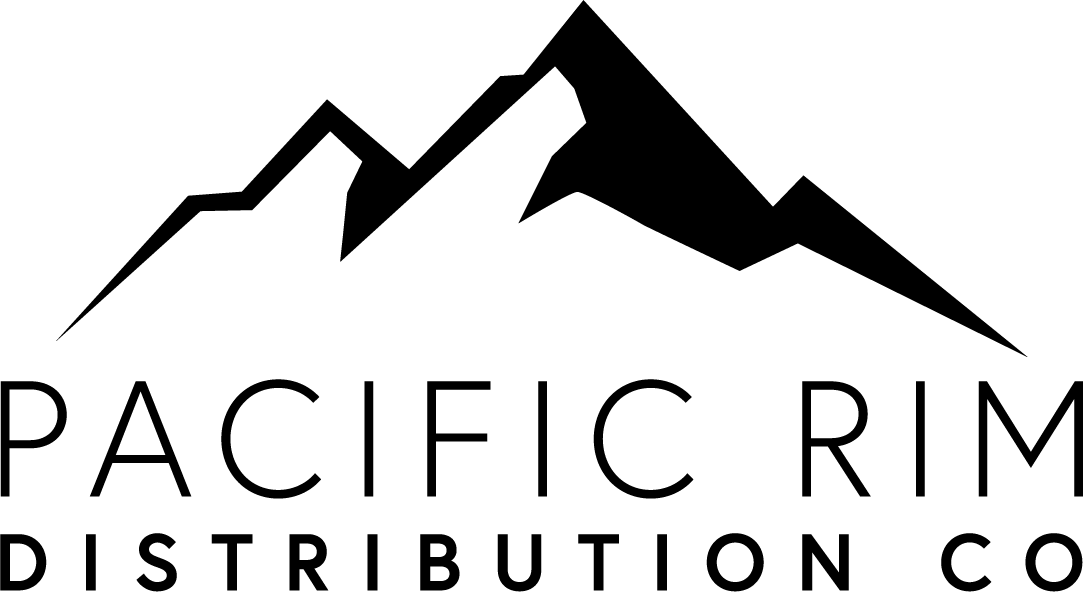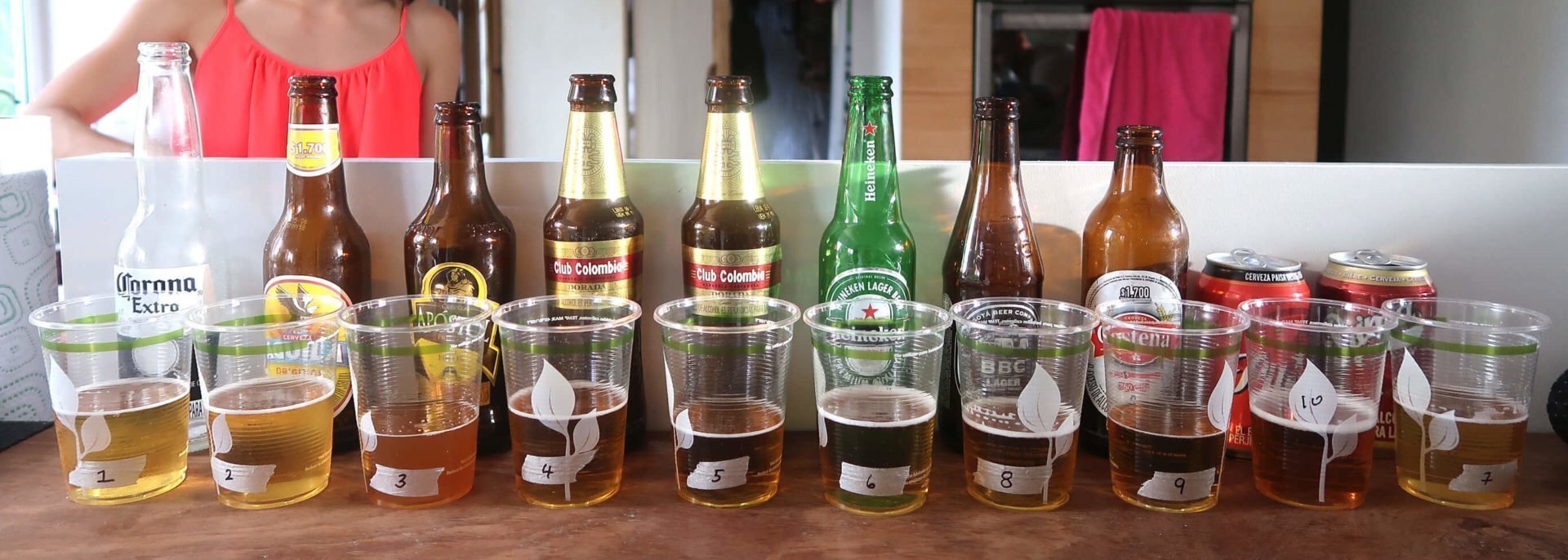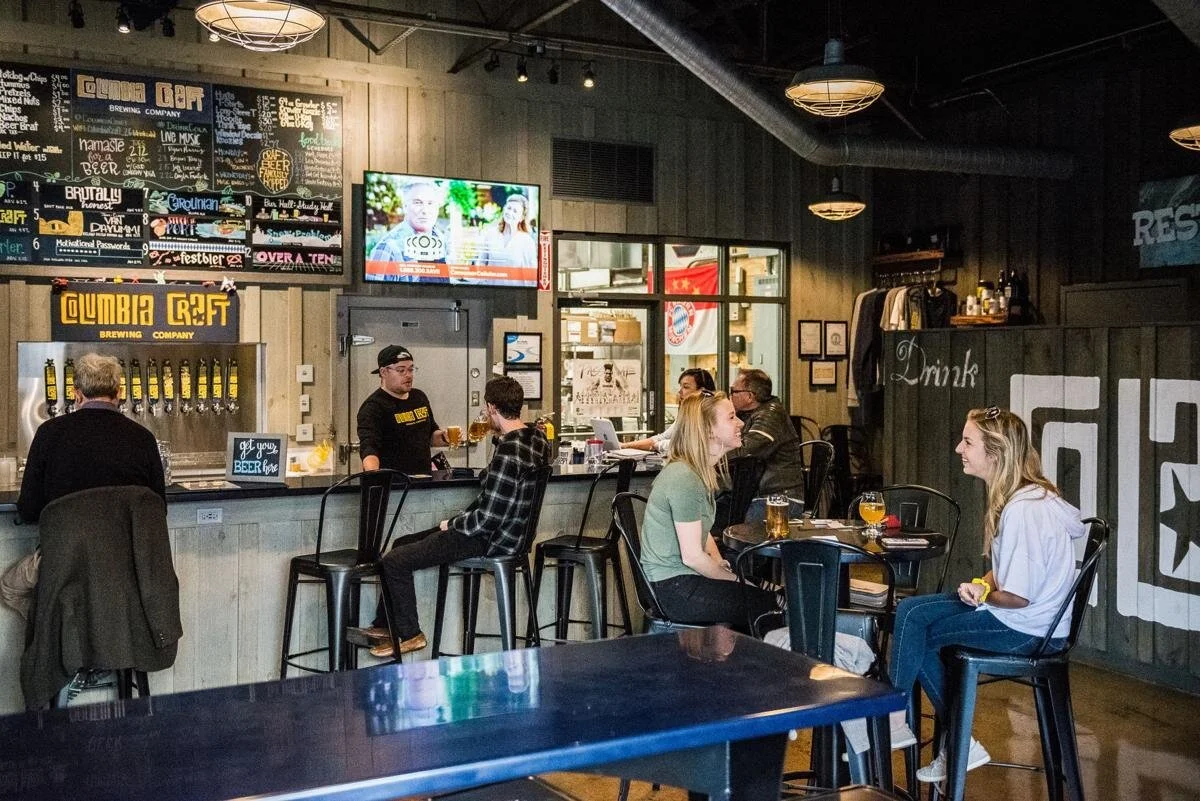PACRIM's Summary for Beer in Colombia
PACRIM colombia craft beer
HEADLINES
Total volume sales of beer increase by 11% in 2019, to reach 2,544 million litres
Beer continues to benefit from high taxes on other alcoholic drinks
Imported lager sees the highest total volume growth of 21% in 2018
The average unit price increases by 7% in current terms in 2019
Bavaria remains the top player in beer in 2019, with a 91% total volume share
Over the forecast period, total volume sales of beer are predicted to increase by a CAGR of 1%, reaching 2,650 million litres in 2023
PROSPECTS
Imported and Craft Beer Continue To Gain Popularity
The beer category has been evolving in Colombia, and despite the dominance of domestic lager, many consumers have been changing their preference to imported and craft beer. The increasing availability of craft beers in retail stores, as well as the expansion of pubs in the country, have had a positive impact on these categories, although volume sales are still small in comparison with domestic beer. Players such as Central Cervecera are expanding and developing the imported mid-priced lager category, offering new alternatives to consumers. 2018, despite economic slowdown, was a positive year for beer, which continued to benefit from the tax reform, which increased the tax burden for wine and spirits, leading some consumers to switch from other alcoholic drinks to beer.
Craft Beers Increase Their Presence in Retailers
Craft beer has captivated the interest of Colombians, with pubs expanding all over the country. With consumers wanting to replicate the experience at home, Bogota Beer Company began to open more outlets, consolidating its position and distributing its brands in modern retailers; it was followed by 3 Cordilleras, Apostol and other craft beer brands, which see modern retailers as a good opportunity to expand. E-commerce platforms such as Rappi have also become key allies of craft beer brands, as they offer a wide variety of products that are available at limited bricks-and-mortar stores, simplifying purchases for consumers.
Non Alcoholic Beer Is Losing Momentum
After three years of strong growth, underpinned by the launch of Aguila Cero, sales of non alcoholic beer continued to cool down in 2018. Despite strict drinking and driving regulations in the country, in general consumers are more into responsible drinking, with no need to switch entirely to non-alcohol beer when hanging out. The popularisation of apps such as Uber, Cabify and Beat, or the services of drivers offered by insurance companies, have also contributed to responsible drinking, to some extent hindering the growth of non-alcohol beer. Also, brands such as Beck’s and Buckler were discontinued in 2018, with Aguila Cero remaining the most important brand. Over the forecast period, it is not expected that sales of non-alcohol beer will see a rapid increase.
Craft Beer Colombia Bar
COMPETITIVE LANDSCAPE
Bavaria Holds the Largest Share
Bavaria remained the leading player in beer in total volume terms in 2018, with Aguila as its flagship brand, which recorded a positive performance in 2018, supported by promotional activity around the FIFA World Cup. The company was very active in terms of promotional activities around brands such as Redd’s and Poker, with disruptive campaigns, and it also revamped the image of the latter brand. As part of AB Inbev, Bavaria strongly focused on its premium portfolio of foreign brands, including Budweiser, which is locally produced, Corona and Stella Artois, which yielded positive results. In the coming years, it is expected that premium bands will continue to display rapid growth, as consumer awareness increases, as well as availability in the different distribution channels.
Central Cervecera De Colombia Is Key in Mid priced Beer
Brands from Central Cervecera, such as Heineken, Coors Light, Sol and Tecate, have been gaining acceptance amongst Colombian consumers, who are open to trying new products which are different to the traditional brands available in the country. Despite having small volume shares, the growth of imported mid-priced lager contributed to the success of Sol and Coors Light, which have a stronger presence on the Caribbean Coast and are associated with baseball. Heineken continued to gain ground thanks to its sponsorship of the UEFA Champions League, which is popular in the country due to the participation of Colombian football players in European teams. Also, music festivals contributed to its positive performance.
Modern Retailers Focus on Exclusive Brands
Private label beer is non-existent in Colombia, but retailers such as Almacenes Éxito import brands such as Primma and Karlsbrau, for example, which can only be found in their stores, as exclusive brands. Discounters, for their part, are also bringing in foreign beer brands, mainly in the mid-priced segment. Although volume sales are not significant, positive prospects may be expected, since consumers are becoming more daring in terms of trying new types of beer, but also consider price as a key variable at the time of purchase.
Lager Price Band Methodology
During 2019, imported premium brands such as Corona, Budweiser, Stella Artois and Heineken recorded rapid growth, with domestic brand Club Colombia seeing a slower pace of growth. Craft beers such as BBC continued to display rapid growth, benefiting from Bavaria’s strong distribution network.
The mid-priced segment is dominated by domestic brands, with Aguila and Poker being the most representative. Nevertheless, the segment has seen the rapid growth of imported brands, such as Sol and Coors Light, although there were no new major entrants in 2019.
Categories:
Premium: COP 6,515-17,289 per litre
Mid-priced COP 5,333-10,845 per litre


